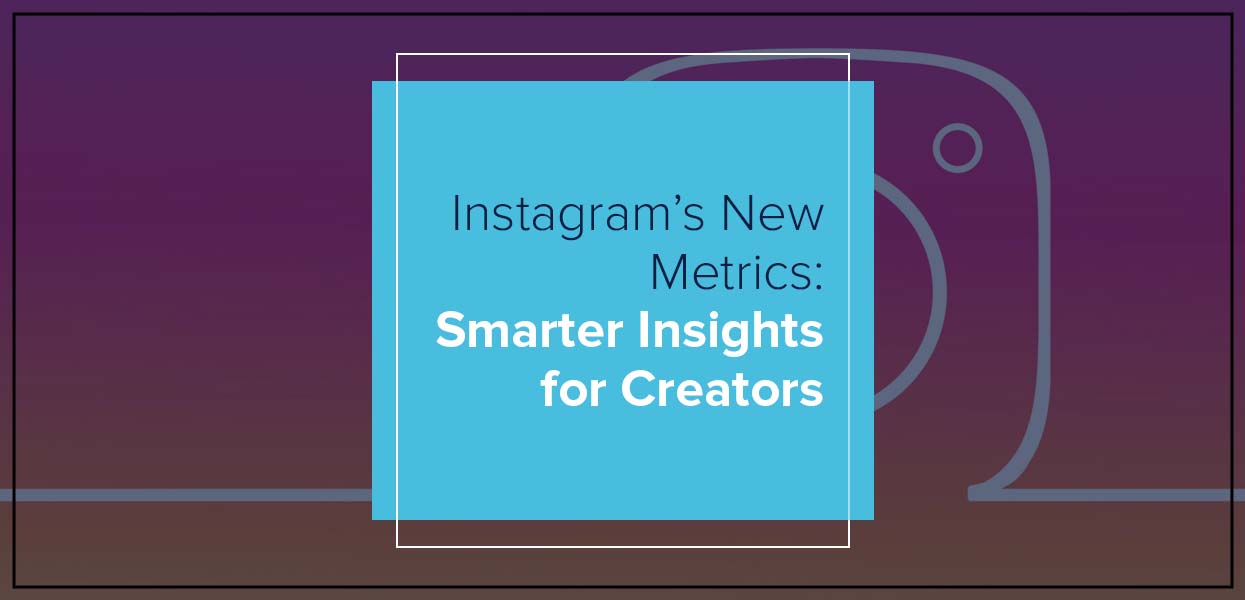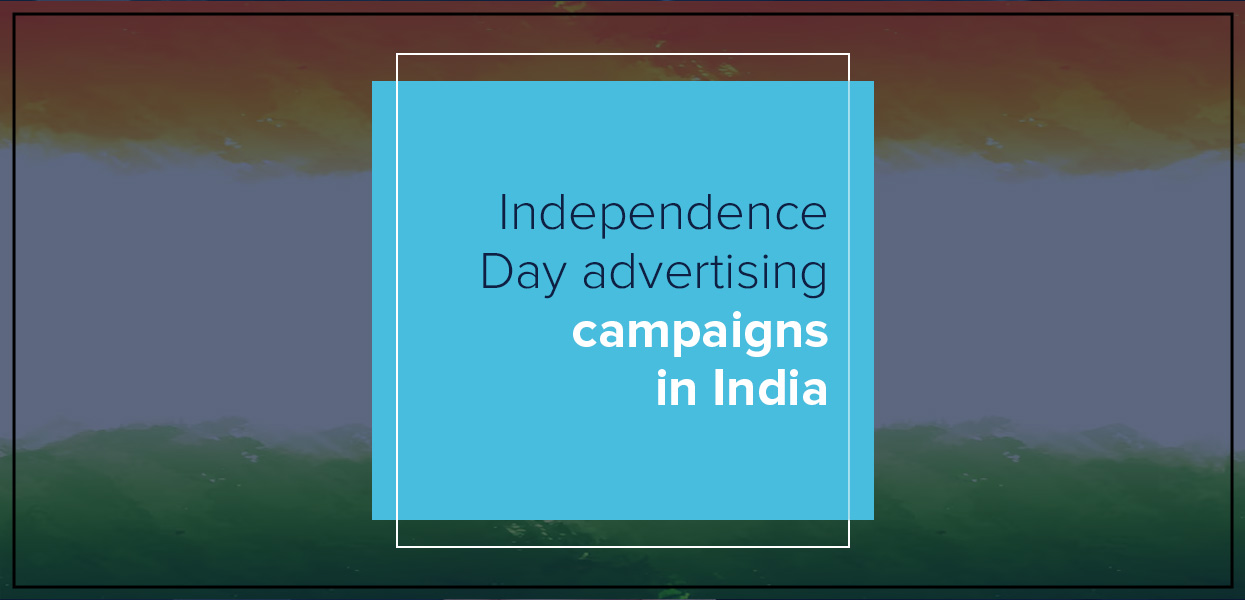How to use AI for SEO in 2025

Search engines have always evolved — from simple keyword matching to today’s complex understanding of user intent. But in the last couple of years, a different kind of transformation has been unfolding — one not led by human marketers but by artificial intelligence.
AI has moved from being a tool to becoming a silent strategist in the world of SEO. It’s changing how content is created, how keywords are researched, how audiences are targeted, and even how algorithms interpret relevance.
This shift isn’t marked by flashy announcements or industry-wide rebrands. Instead, it’s happening behind the scenes — subtly, consistently, and at scale.
Understanding this transformation is no longer optional for businesses and marketers. It’s the key to staying visible in a digital space where rules are being rewritten by the line of code.
So, how exactly is AI for SEO, and what should brands do about it?
Let’s break it down.
The Great Shift: From Gut Feel to Data Feelings
For years, SEO success depended on creating large volumes of optimized content. But now, thanks to AI, the game is no longer just about how much you publish — it’s about how smart your content is.
AI writing tools like ChatGPT, Jasper, and Claude are helping marketers generate ideas, outlines, and even full articles in minutes. But what’s more important is how they’re being used. Instead of churning out low-effort blog posts, smart brands are leveraging AI to craft better headlines, structure complex topics, and fine-tune content to match search intent more precisely.
AI helps bridge the gap between what a brand wants to say and what the audience is searching for. Tools can analyze SERPs, spot content gaps, and suggest enhancements in tone, clarity, and readability — things that matter to algorithms and readers.
And while Google's Helpful Content updates continue to prioritize originality and expertise, AI-assisted content, when combined with human strategy and insight, can enhance both. It’s no longer man versus machine.
It’s a man with a machine.
Smarter Keyword Strategy: AI Knows What People Want
Gone are the days when keyword research meant dumping terms into a tool and picking the ones with the highest search volume. In 2025, AI is helping us understand why people search — and what they expect to find when they do.
Modern AI tools analyze not just search terms but search intent.
Are users looking to buy? Learn? Compare?
Tools like Surfer SEO, SEMrush’s AI assistants, and even Google’s own Search Generative Experience (SGE) can now predict and interpret that context and suggest keywords accordingly.
It’s not just about ranking for “best running shoes.” It’s about knowing your user wants sustainable, cushioned shoes under ?5,000 with arch support — and then structuring your content for that journey.
Even internal linking strategies are smarter now. AI tools crawl your site like a search engine, recommending internal links where they’ll boost topical authority and help search engines better understand your content clusters.
This is where AI changes the SEO game from guesswork to precision. It’s SEO with context. SEO that understands nuance.
SEO that knows what your audience wants before they finish typing.
Search Is Getting Personal — And So Should Your Strategy
Here’s the thing:
Google isn’t showing everyone the same results anymore. What you see on a search page might look completely different from what someone else sees for the same query. That’s not a glitch — it’s the power of AI for Seo.
Search engines today are smarter than ever. They don’t just look at keywords — they look at you.
Where you are
What you’ve searched for before
What device are you using?
Whether you’re typing or using voice search
All of this gets factored into serving results that feel tailored — because they are.
Let’s take a simple example.
If a student in Delhi searches for “study snacks,” they might get quick YouTube recipe hacks or trendy Insta Reels. But if a parent searches the same phrase, they’re more likely to see articles about healthy options or online stores selling brain-boosting foods. Same words, totally different journey.
So what does that mean for businesses and content creators?
It means you’re not just writing for alg
orithms anymore — you’re writing for real people with unique needs, moods, and search habits. That’s where AI-powered tools come in. Platforms like Jasper, Surfer, or even ChatGPT help you figure out what your audience wants to read — and how they want to read it.
And as AI continues to evolve, Google’s focus on experience-first content will only grow. Think interactive blogs, dynamic FAQs, conversational writing, and content that sounds like a human talking to another human.
The goal?
Make your content feel like it belongs in someone’s search journey, not just on page one.
AI for SEO: Where Speed Meets Storytelling
Let’s be honest — the content game has changed. It’s no longer just about writing blog posts with the “right keywords.” It’s about telling stories that connect and convert — and doing it faster than ever. That’s where AI steps in, not as a replacement but as a powerful creative partner.
Think of AI tools as your content brainstorming buddy. They’re the ones who never run out of ideas, never get tired of research, and can generate 10 headline variations before your coffee gets cold.
Need to break down a complex idea for your audience? AI can help simplify it — or jazz it up, depending on who you’re speaking to.
But here’s the golden rule: Use AI to enhance, not replace, your voice.
Because people don’t want robotic, soulless content. They want stories.
Emotion. Realness. And guess what?
That still comes from you. AI can give you the structure, the starting point, or the research, but the heart of the content still needs to come from a place of human experience.
So the real magic happens when you blend the two:
Let AI handle the heavy lifting (SEO prompts, outlines, suggestions).
Then you come in and humanize it — inject warmth, wit, insights, even personal anecdotes.
This mix of speed and storytelling means you don’t just rank well on Google — you resonate with people. And that’s what keeps them coming back.
From Content to Clicks — Why User Experience is the Real Ranking Game
So you’ve written something your audience wants to read — it’s conversational, relatable, and packed with value. But here’s the thing: even the most brilliant content can fall flat if the experience around it sucks.
In today’s SEO world, Google doesn’t just care what you say — it cares how users engage with it.
If someone lands on your blog and it takes 10 seconds to load, is flooded with pop-ups, or looks like it hasn’t been updated since 2012, they’re bouncing faster than you can say “ranking drop.”
That’s where User Experience (UX) steps in.
Good UX means:
Your website loads fast.
It’s mobile-friendly.
The content layout is clean and scannable.
Buttons, links, and CTAs are easy to find.
Visitors want to stick around.
Think of it this way: Content brings them in, and UX convinces them to stay.
And when people stay longer, click around, and are engaged? Google sees that as a sign: “Hey, this page must be useful.” So, if you want your great storytelling to rank, wrap it in a digital experience that makes your audience feel heard, respected, and welcomed.
So, now that your content looks great and feels right, it’s tempting to lean on tools to scale fast, especially with AI promising blog posts in seconds. But here’s where a new challenge emerges.
The Ethical Middle Ground: Between Genius and Garbage
Not all AI-generated content is gold.
Sure, it’s convenient. Plug in a prompt, get a blog. That’s the appeal of AI writing tools in content creation. But convenience doesn’t guarantee connection.
We’ve seen it happen: SEO content packed with keywords, optimized end-to-end, even ranking on search engines… but conversions? Flatlined.
Why? Because it didn’t feel human. It had structure but no soul. That’s the middle ground brands need to find — where AI supports but human intent leads.
Let automation assist, but don’t let it replace intuition. You still need to edit like a human, think like your audience, and, most importantly, write with purpose.
Because content that converts isn’t just about answering search queries — it’s about understanding the emotions behind them.
That balance between efficiency and authenticity? It’s reshaping how we think about content marketing and AI for SEO as a whole.
The Quiet Power of AI For SEO
“How AI Found a Broken Link That Was Killing Your Rankings While You Slept.”
That’s not just a catchy headline — it’s becoming a common reality.
With tools like Screaming Frog getting smarter thanks to machine learning, your website isn’t just being crawled anymore — it’s being understood. AI-powered upgrades help identify broken links, crawl errors, and speed issues before your rankings take a hit.
You’re no longer reacting to problems — you’re getting ahead of them. What used to be a late-night scramble through audit sheets can now be automated, flagged, and sometimes even resolved before your team logs in.
This is the new rhythm: smart automation handling the heavy lifting while you focus on the strategy that matters.
And speaking of future-proofing…
Optimizing for Things We Haven’t Typed Yet
People aren’t just typing less — they’re talking, snapping photos, and even expecting answers before asking questions.
Voice search. Visual search. Predictive search.
These aren’t just buzzwords — they’re real shifts in how users interact with the web. And AI? It’s quietly working in the background, preparing your site for this evolution.
Smart schema. Semantic relationships. Query intent prediction. The goal is no longer to optimize for keywords — it’s to optimize for context.
Because the next SEO win won’t come from the perfect phrase — it’ll come from anticipating the unspoken need.
But here’s the kicker: surviving in this future isn’t about having every tool. It’s about knowing how to think with them.
How to Build an AI-Augmented SEO Stack
Let’s get this straight: this isn’t another tool's list. This is about mindset. AI shouldn’t replace your creative instincts — it should amplify them.
Instead of asking, “What tool should I use?”
Ask, “How can I use this to save time, spark ideas, or spot what I’m missing?”
Use AI to generate quick content outlines, identify keyword clusters, or spot ranking dips before they snowball.
But then — pause. Reflect. Refine. That’s where human SEO shines.
It’s not about automating your creativity. It’s about protecting your creativity by automating the grunt work.
That’s the real AI stack: a strategy-first approach, where tools serve your thinking, not the other way around. Because once you start thinking this way — not tool-first, but strategy-first — you stop fearing AI. You start collaborating with it.
You begin to see patterns faster. Make smarter decisions earlier. And most importantly, you free yourself up to do what only humans can: connect, persuade, and create meaning.
Conclusion: You Are Not Being Replaced — You're Being Upgraded
AI doesn’t want your job. It wants your blind spots. It’s the co-pilot you didn’t know you needed — but now can’t imagine flying without.
So the question isn’t “Will AI take over SEO?”
It’s: “Will you let it make your SEO smarter, faster, and surprisingly more human?”
This was Ai For Seo brought to you by the minds at Uniworld Studios, where AI meets imagination and strategy meets soul.
Categories
- Digital Marketing
- Website Development
- Graphic Design
- Content Writing
Latest Posts
-
- Essential Marketing & Advertising Keywords 2025



